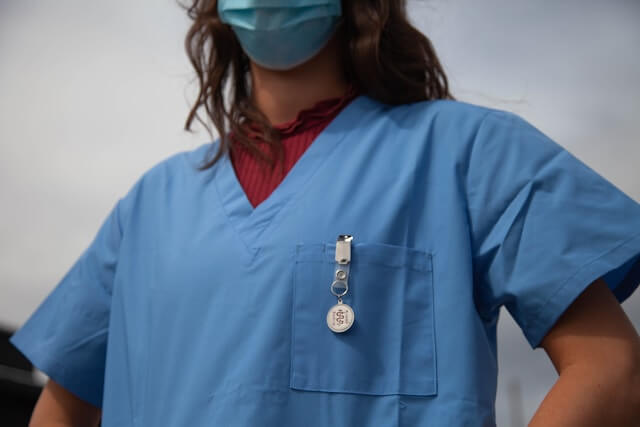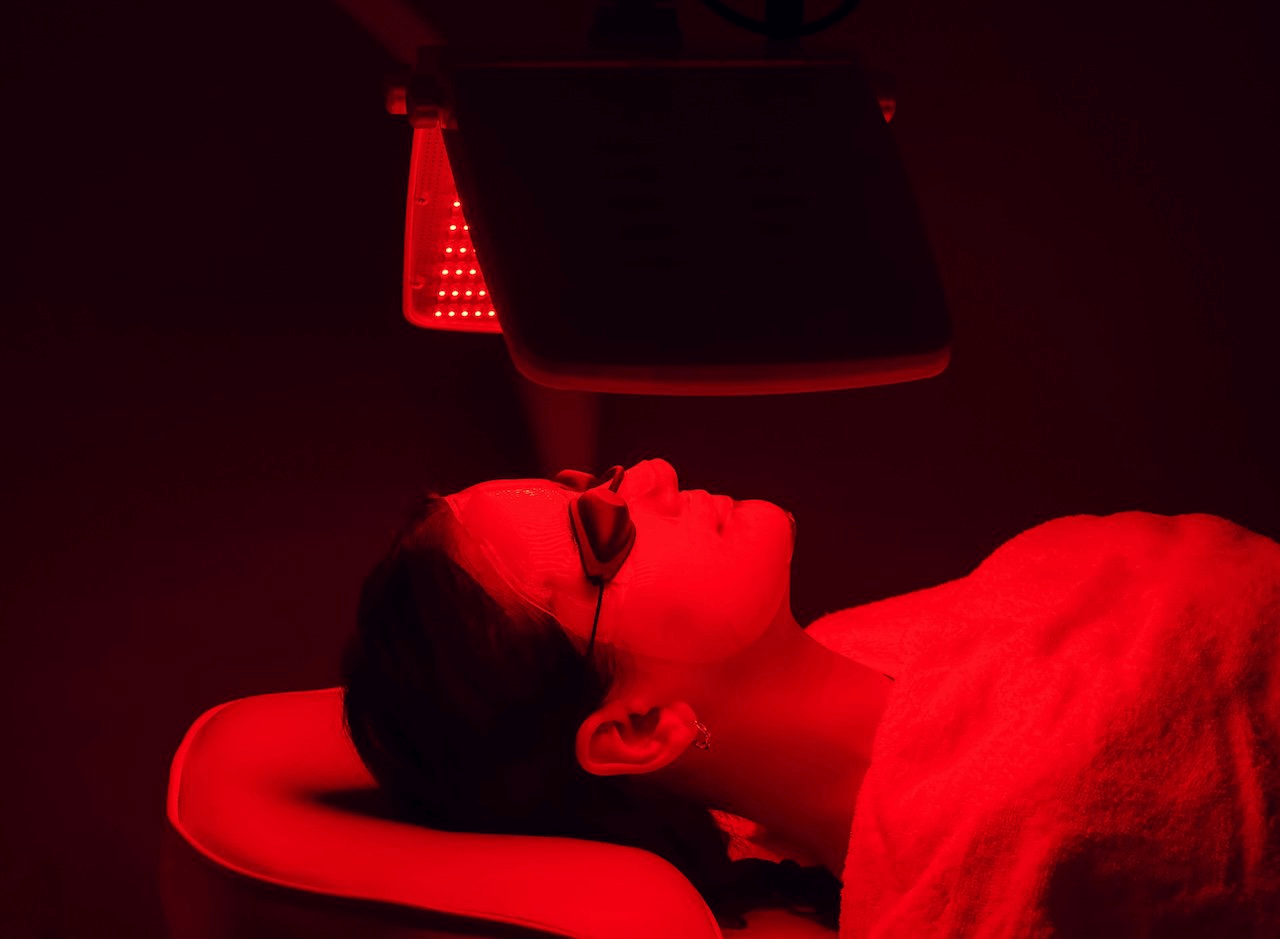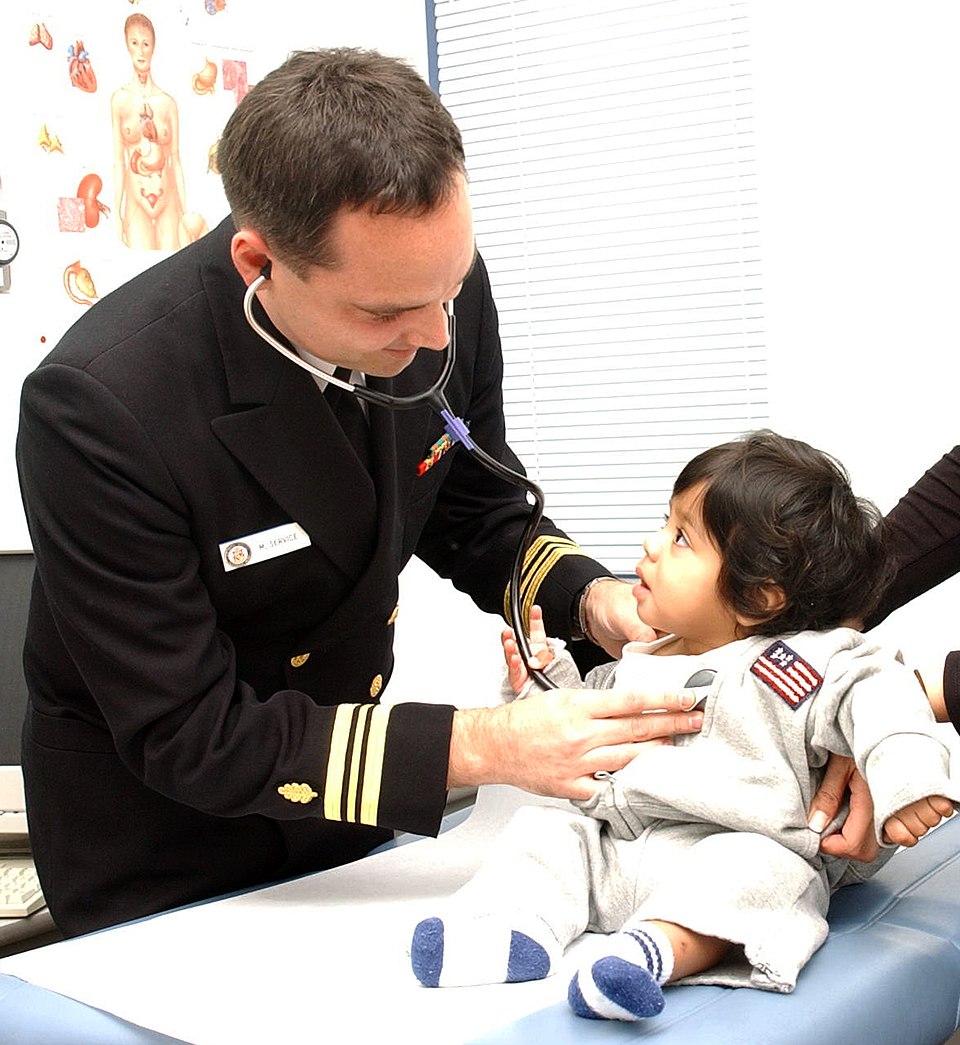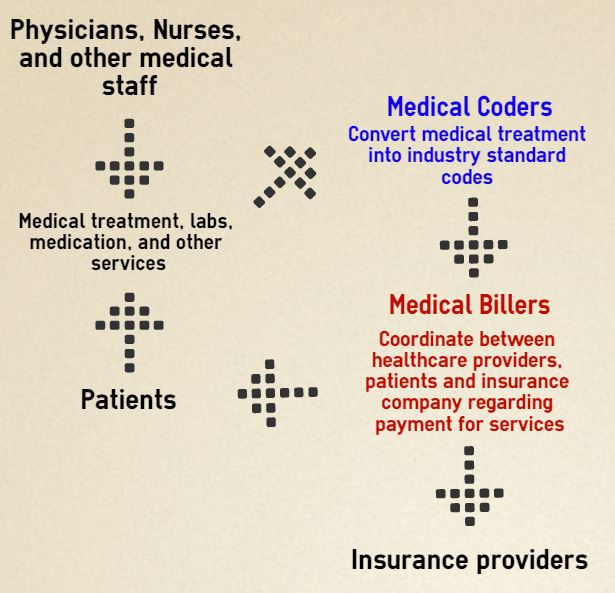When you’re training to become a nurse, clinical placements are where everything changes. You go from reading about patients in textbooks to helping real ones. Instead of picturing disease processes in diagrams, you’ll start hearing them in someone’s breathing. It’s an exciting time, and infamously full-on. No matter how much you’ve studied, somehow, nothing quite prepares you for the real thing.
If you’re in a BSN program, your clinicals will shape the kind of nurse you become. You’ll learn how to move and think in busy environments, cope when the going gets tough, and work as part of a team. In this article, we’ll go over seven key factors to help you feel ready so you can make the most of your clinical placements.
1. Think Like a Nurse
Being a nurse is about medical knowledge, physical skills, and practical abilities. However, one of the most important things you’ll learn is how to think like a nurse. You need to be able to assess what’s happening, prioritize based on levels of urgency, and take action in the right order. This is called clinical reasoning, and it’s a skill you’ll build over time.
During your training, you’ll develop highly attuned senses and start noticing patterns. For example, say a patient suddenly looks pale, or a dressing smells different from usual. Perhaps a patient’s hand feels warm and dry one hour and clammy the next. These details are indications that someone’s condition is changing, and you’ll become an expert at detecting even the smallest signs.
If you’re studying via the online BSN programs accelerated pathway, you can expect to complete upwards of 700 clinical hours over four semesters. That early exposure is intense, but it helps you get comfortable and competent faster. Before long, you’ll be a master at managing your day, thinking ahead, and keeping one step in front of your patients’ needs.
2. Confidence Grows Through Action
Confidence isn’t something you wait around for or something that happens to you. It’s something you have to work hard for, and the only way it can be earned is through consistent action. The first time you take a manual blood pressure or insert a cannula is likely going to cause you to be nervous, but it’s important to do your best regardless and ask for help when you need it.
If you’re confused or need clarification, say so. Ask to observe and request feedback often. You’re a student, and learning is your job. The team around you will respect your honesty and effort far more than any attempt to pretend you understand everything (and make avoidable mistakes as a consequence). As time goes on, these daily tasks will feel second nature.
3. You’re Part of a Team
When you step onto a ward, you’ll be working alongside other nurses, doctors, assistants, therapists, social workers, cleaners, and admin staff. Learning how the ward works requires that you pay close attention. You’ll soon figure out when it’s okay to ask a question and when it’s better to observe. You’ll build an understanding of patient flow management, shift coordination, and who to turn to when you’re unsure.
It’s not only senior nurses and doctors you can learn from, either. You’ll gain insights from everyone. Healthcare assistants can help you refine skills like patient interactions. Cleaners can tell you which rooms are under infection control. Clerks can help you find that elusive chart you’ve been looking for. The entire operation is a constant, dynamic machine that demands intelligent collaboration. The more you understand your team, the more effective you’ll be.
4. Communication Is Everything
One of your most powerful and most used tools as a nurse is your voice. You need it to communicate clearly with patients, families, and every member of the healthcare team. Your duties will include giving handovers, reporting vital signs, and telling someone when you’re unsure about a medication. You’ll need to let colleagues know when a patient seems to be deteriorating or responding to treatment unfavorably.
One tool that can help is SBAR, a mnemonic to help you easily structure your communication:
- Situation: What’s happening right now?
- Background: What’s the relevant history?
- Assessment: What do you think is going on?
- Recommendation: What needs to happen next?
This keeps your message focused and clear. It’s especially useful in high-pressure situations.
5. Learn On Your Slow Days
While much of the time it can feel relentless, not every shift is full of emergencies and new procedures. Some days will be quieter than others, so make use of them. Watch how other nurses manage their schedules. Ask questions, read patient charts, and practice your assessments.
During extremely quiet periods, you can help with ad-hoc duties like stocking trolleys, folding linens, or organizing supplies. While these mundane tasks may not be why you got into nursing, they’re the kind of things that show you’re willing to contribute as a valuable member of the team.
Another tip is to carry a notebook with you and use downtime to write down any terms you don’t understand, names of medications you want to check, procedures you’d like to see, or questions you need answered.
6. Routine Is Your Friend
In your clinical placements, you’ll get used to the daily swing of things quickly, including morning medications, doctors’ rounds, when bloods are taken, and when patients are discharged. Aligning with this rhythm is essential to keep your day on track. When you know that 8 am is med pass time, you’ll be ready to observe or help. If the doctors do their rounds at 9 am, you’ll have vitals done and charts ready.
Ask your preceptor or another nurse exactly what the routine is when you first arrive on the ward. You may find it helpful to jot it down. The faster you learn the flow of things, the easier it will be to stay ahead of the game.
7. Patients Will Remember How You Made Them Feel
You may not be giving injections, writing care plans, or taking blood on your first day. However, your ability to make a genuine difference in patients’ lives begins immediately. Being in the hospital can be scary, isolating, and upsetting. Many patients are confused, tired, and in pain. Your calm presence, patience, and kindness can give them comfort, even when you don’t feel confident yet. Ultimately, patients want to feel safe, and a little compassion and a good bedside manner go a long way. Research shows that kindness reduces comorbidities risks like heart disease, stroke, mental illness, and even cancer. So, having a positive emotional connection with patients produces better physiological outcomes.
Endnote
Your clinical placements are an intrinsic part of your journey to becoming a registered nurse. They’ll challenge you, teach you, and push you in ways you never predicted. They’re guaranteed to be something you remember for the rest of your career.
To make the most of your clinicals, stay focused and be present, curious, and relentless in your pursuit of skills, knowledge, and experience. Every single shift is a chance to grow and will take you one step further towards your professional goals. Follow these seven tips and you’ll emerge from your clinical placements a stronger, more confident, and capable nurse-in-training.



